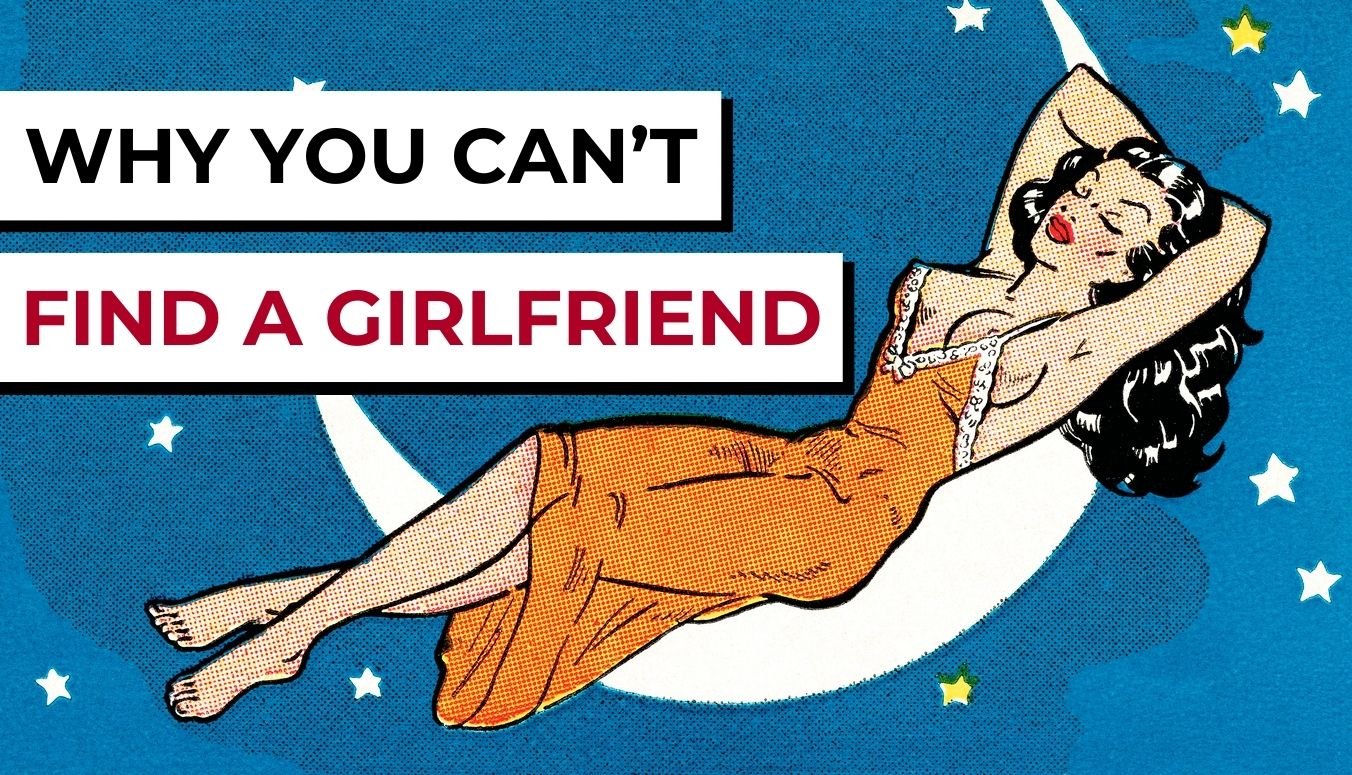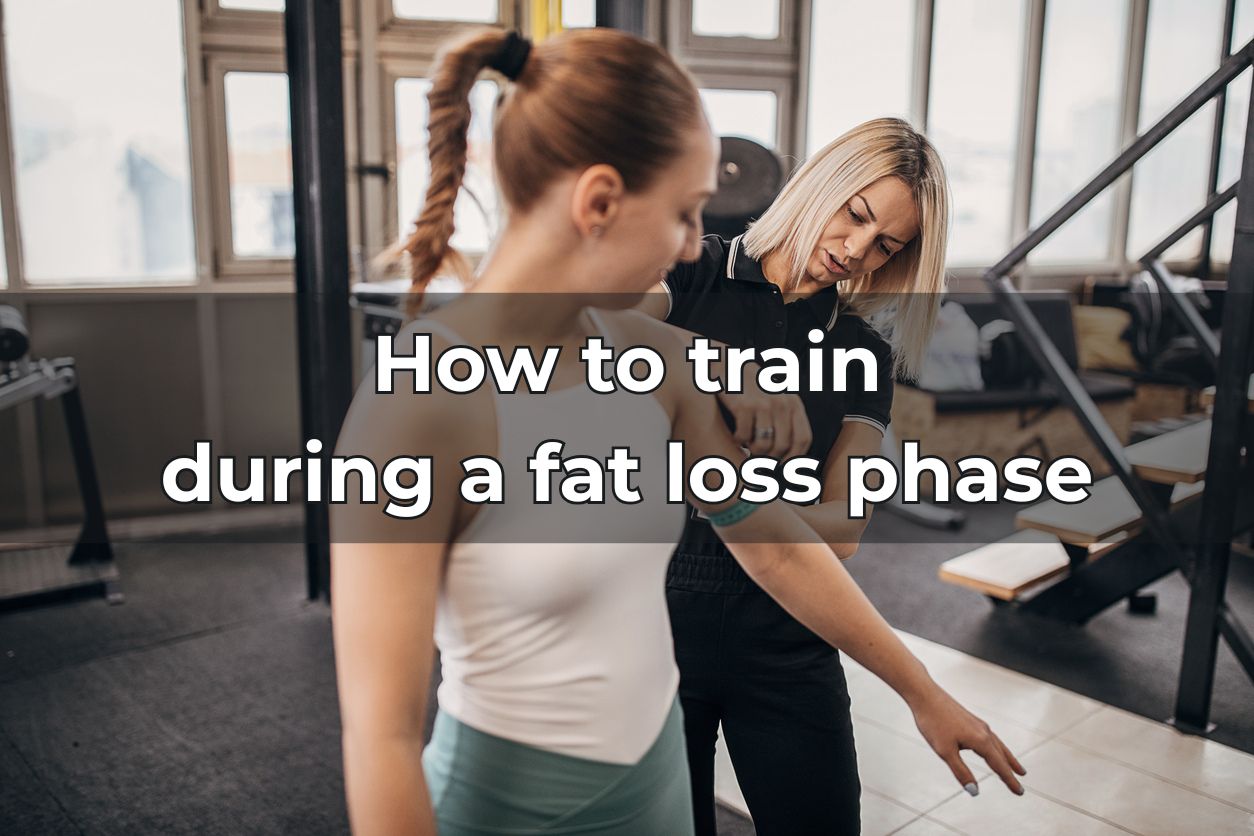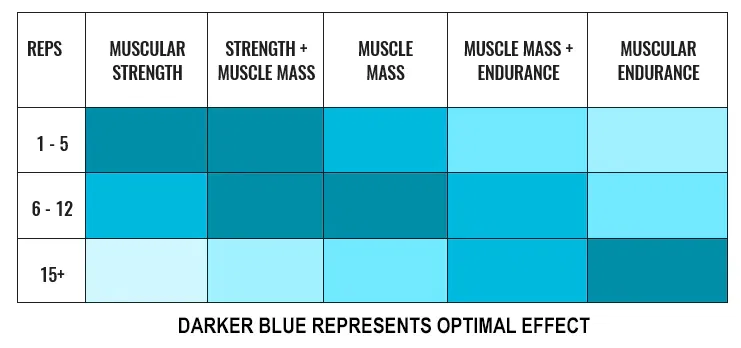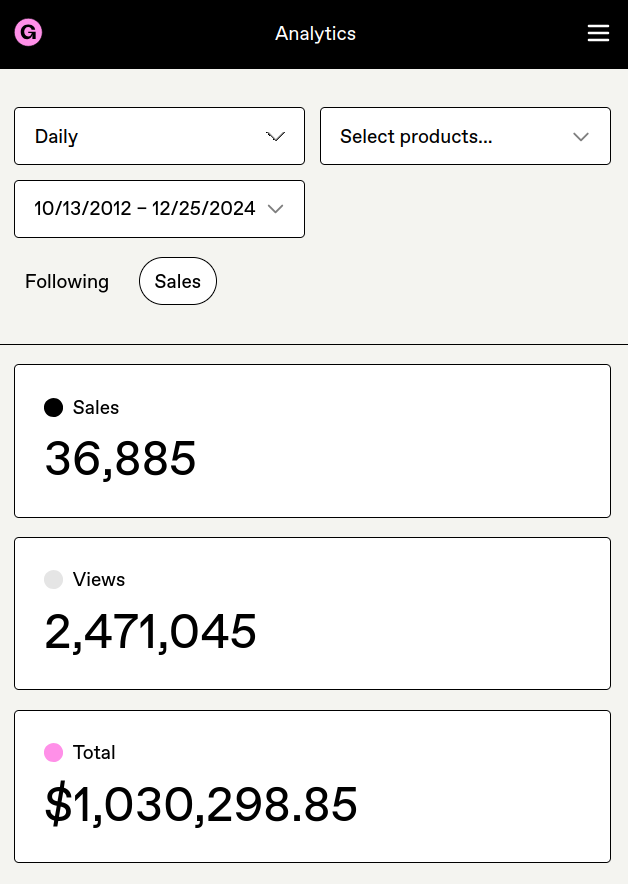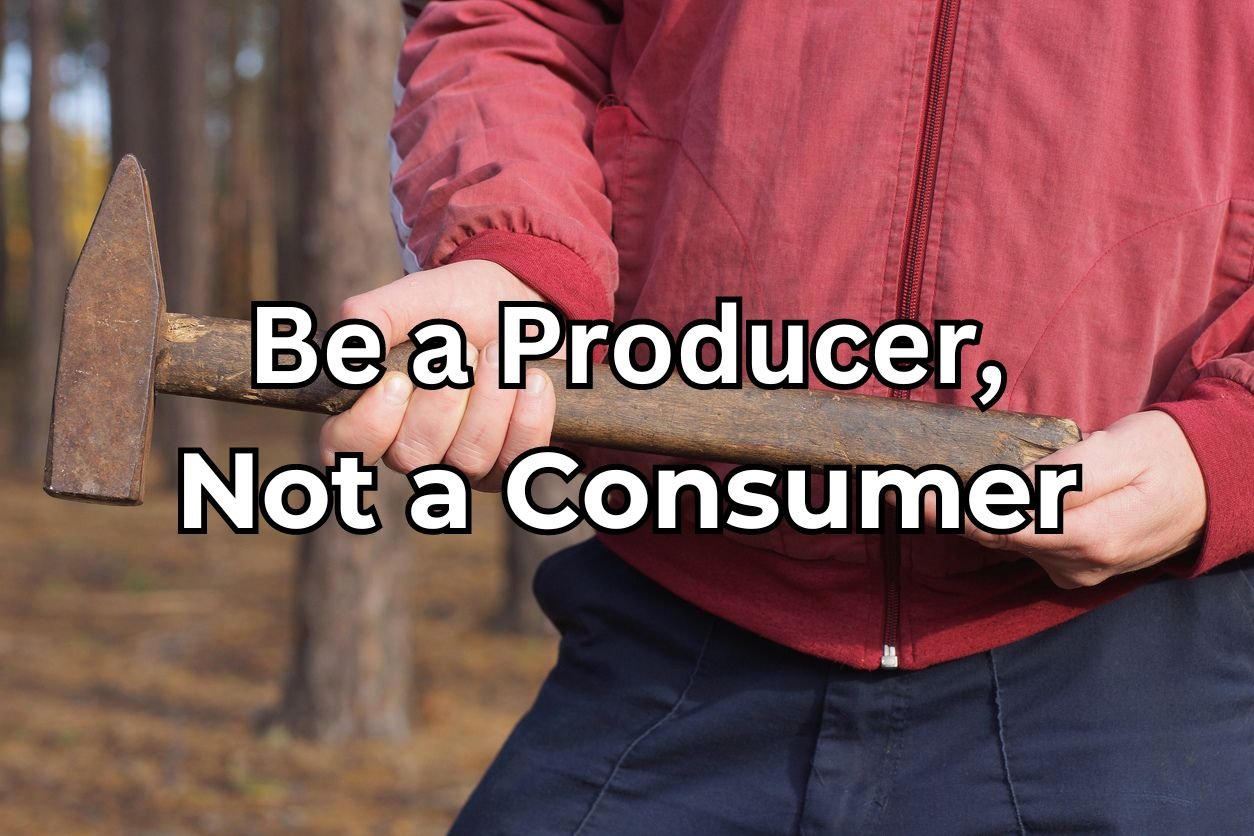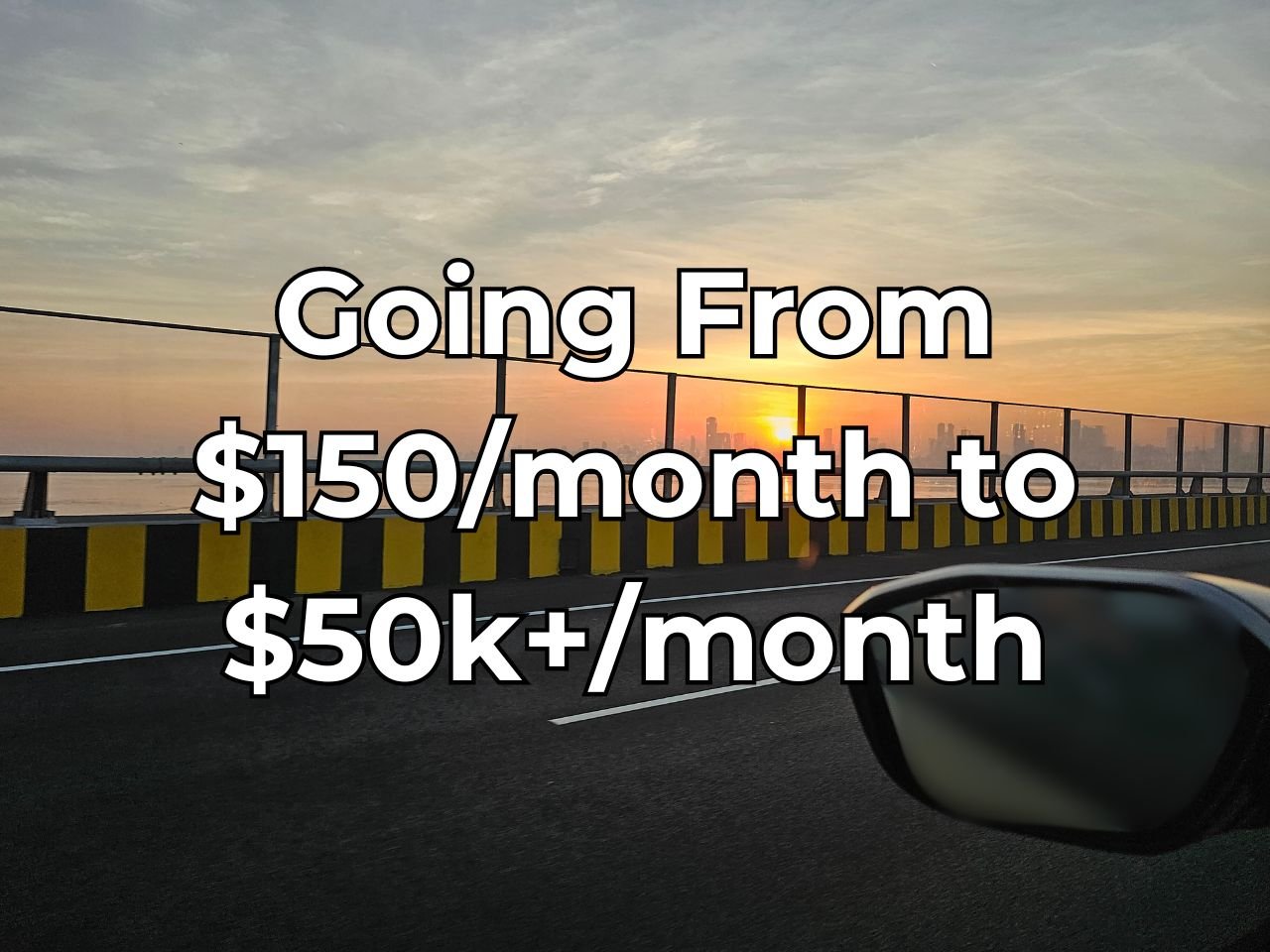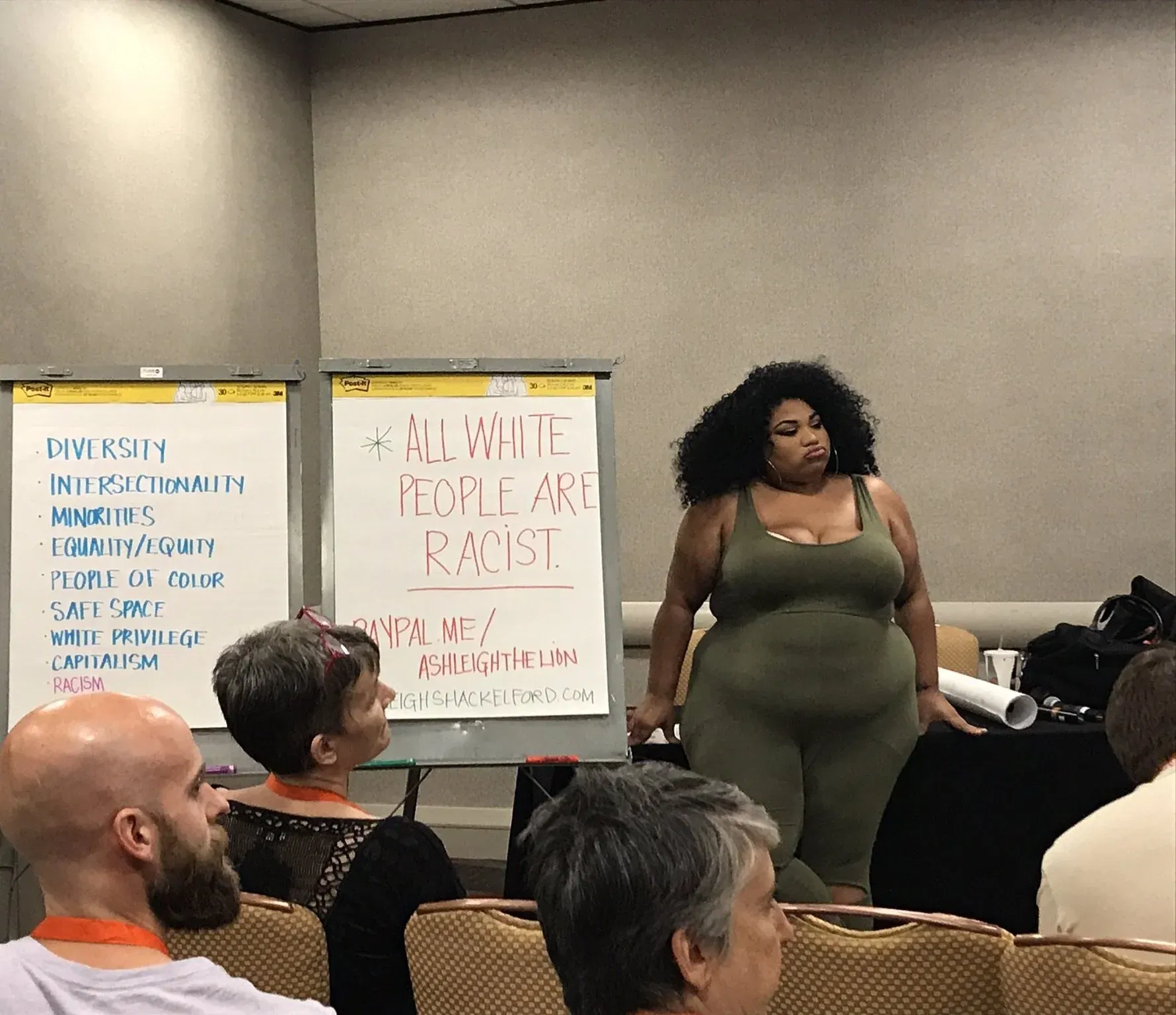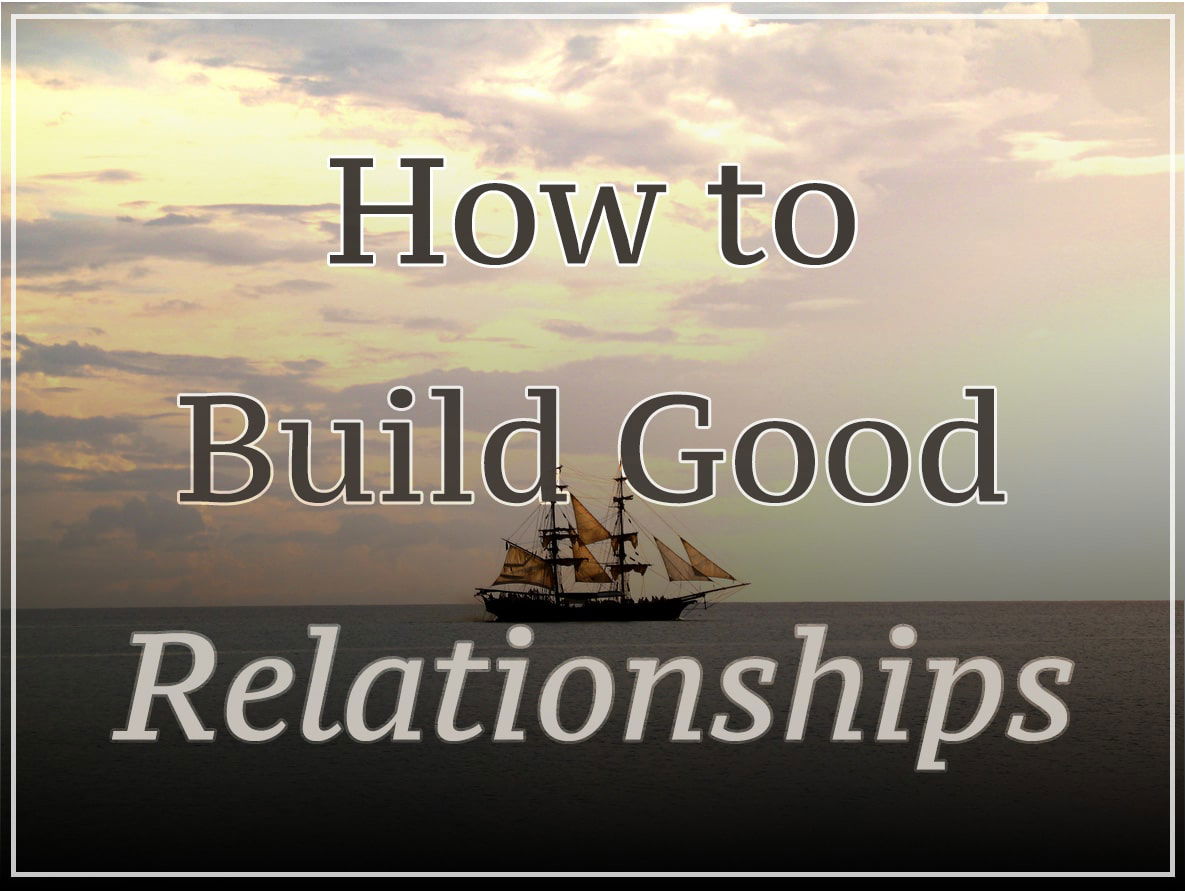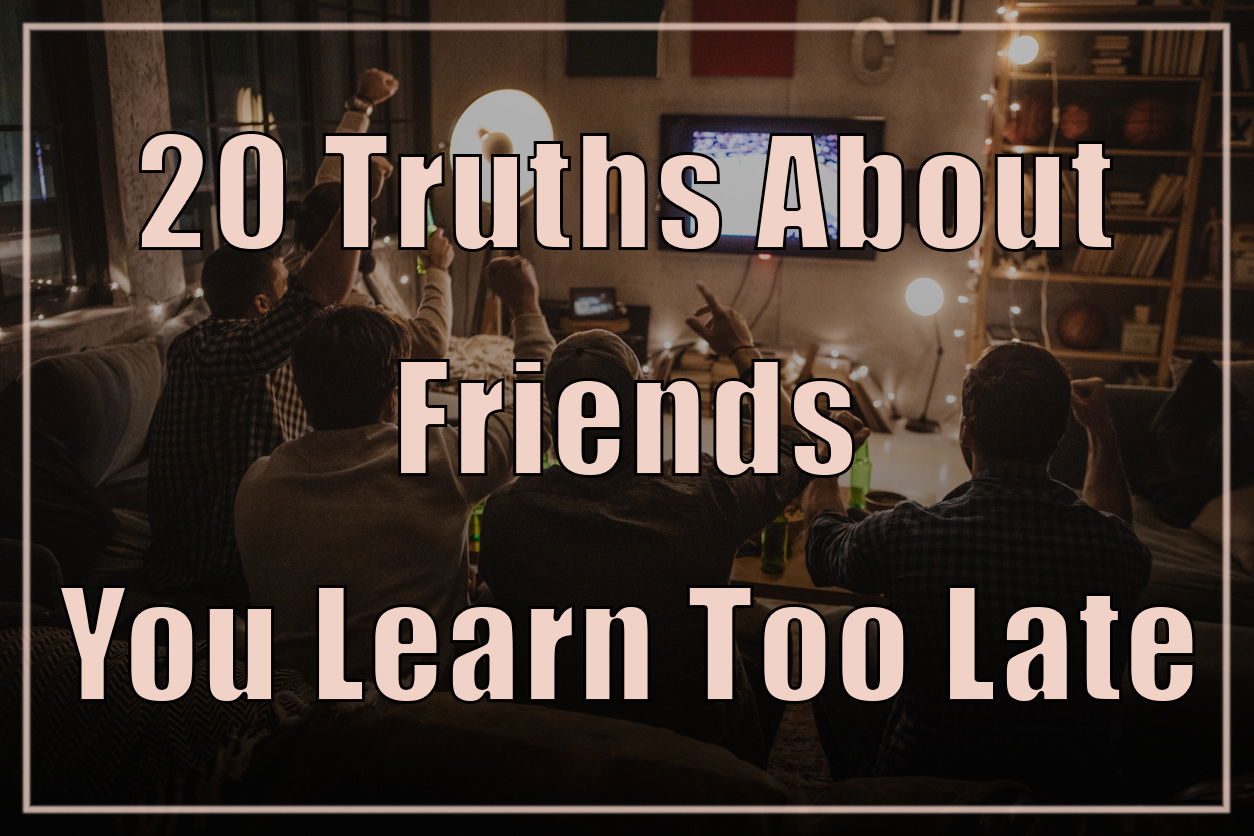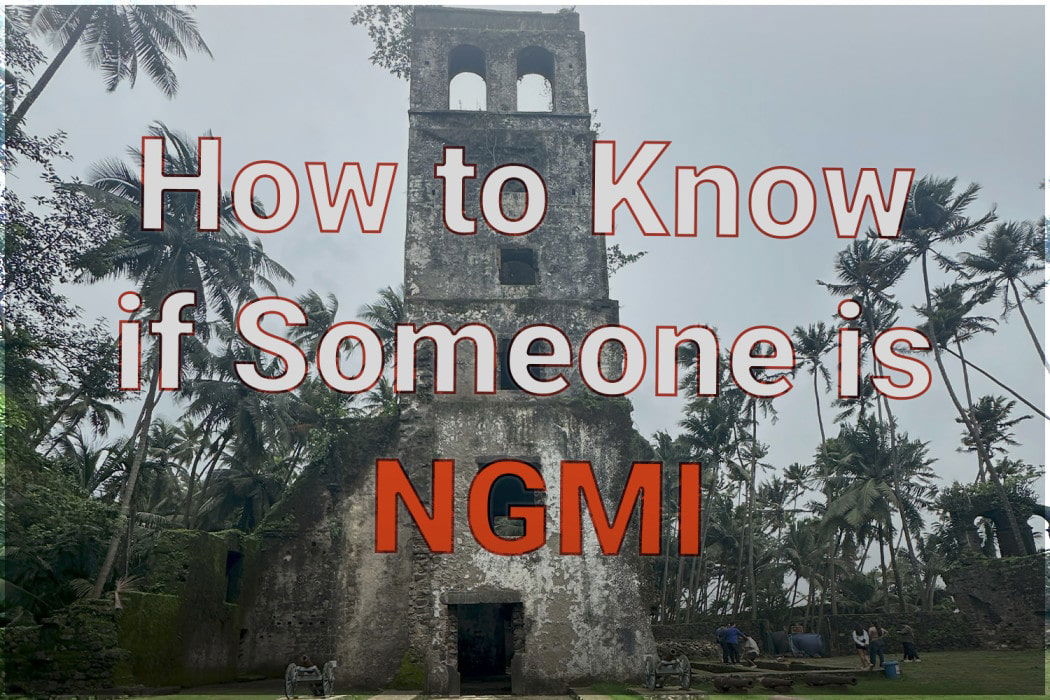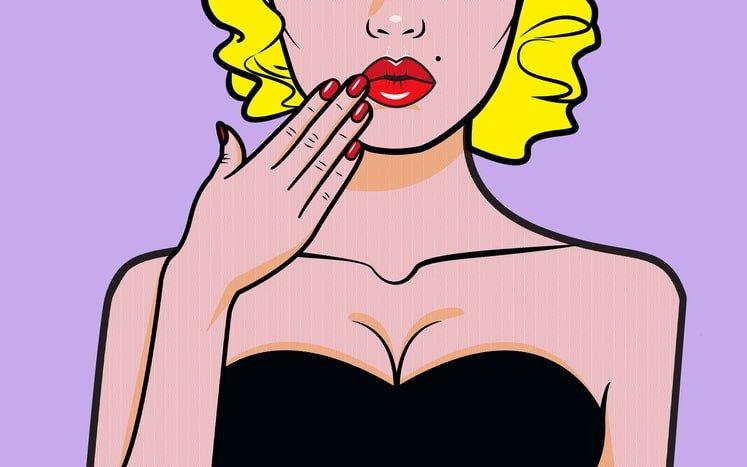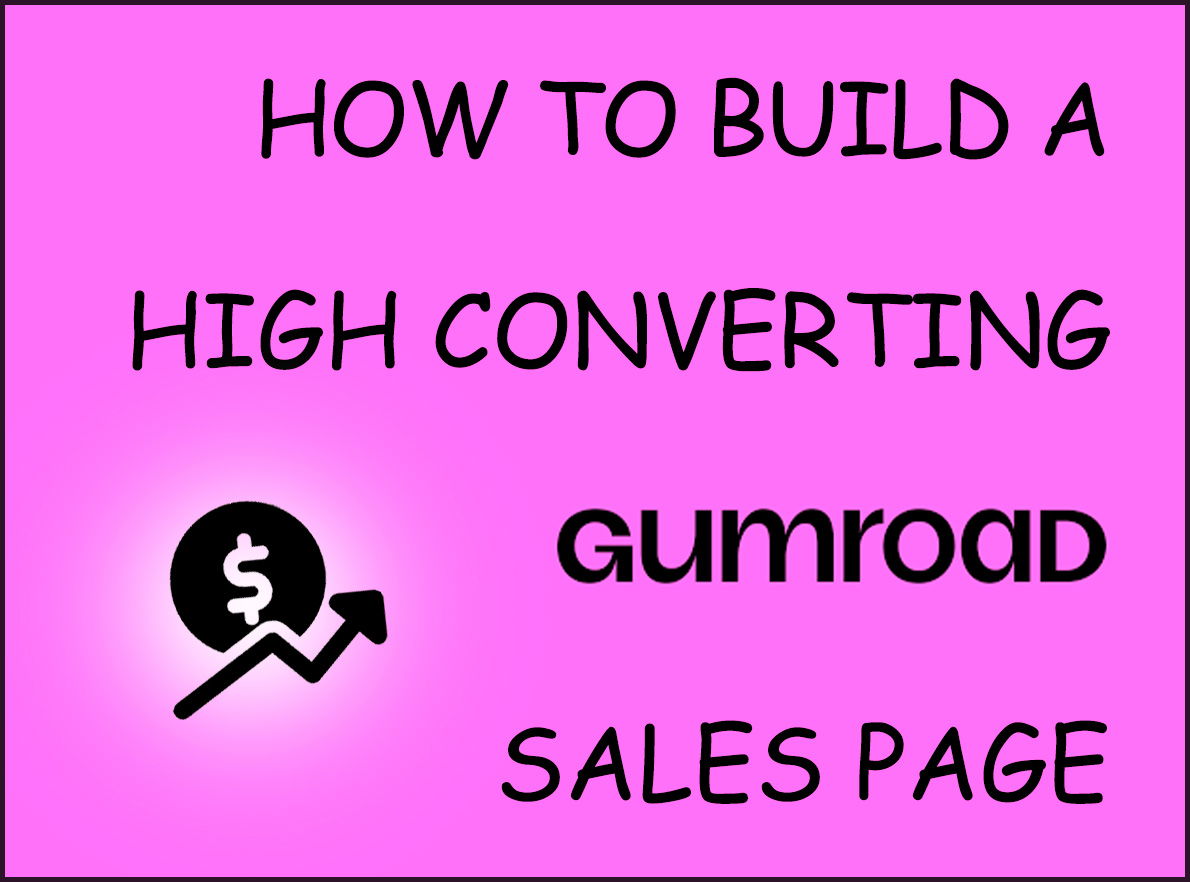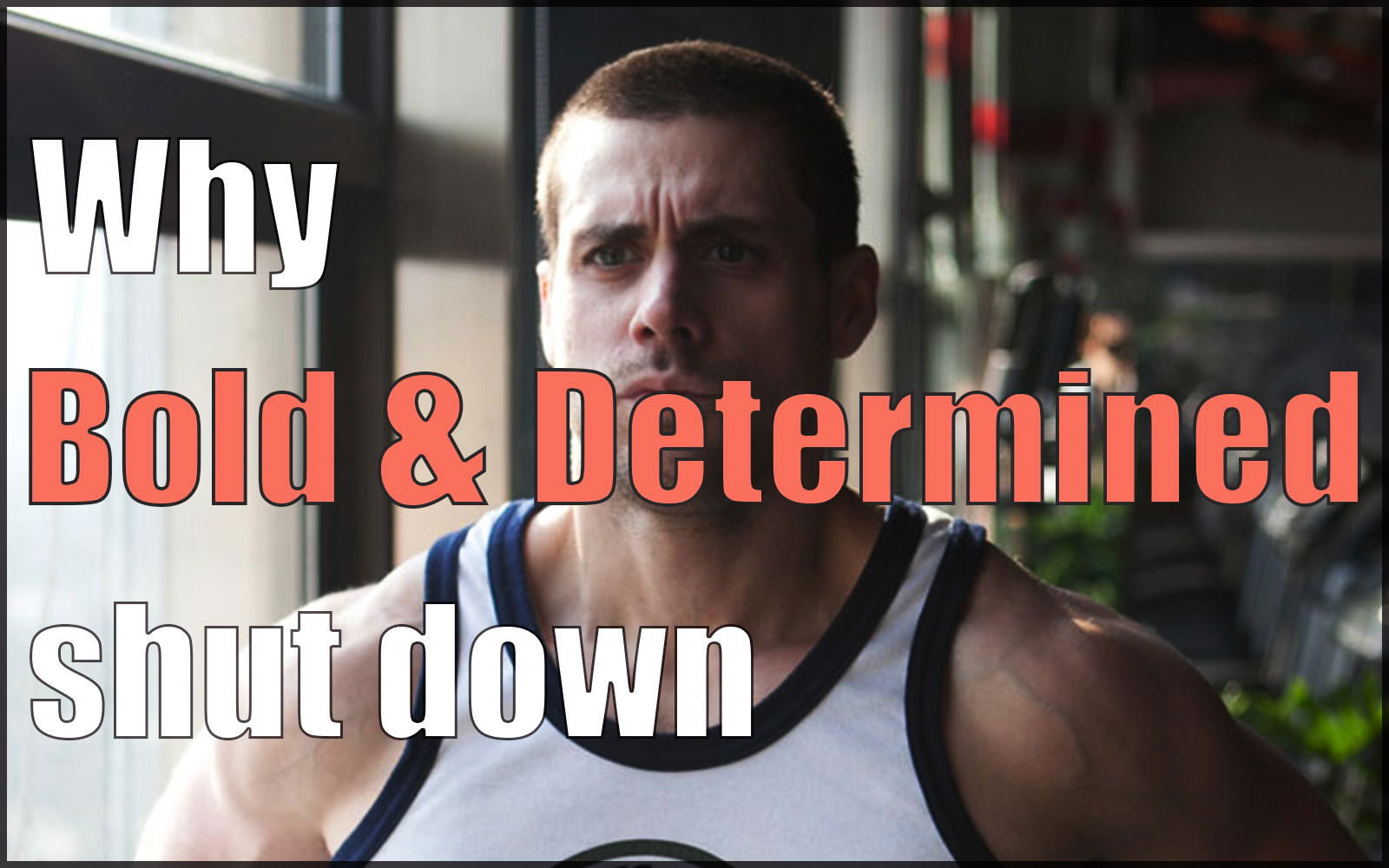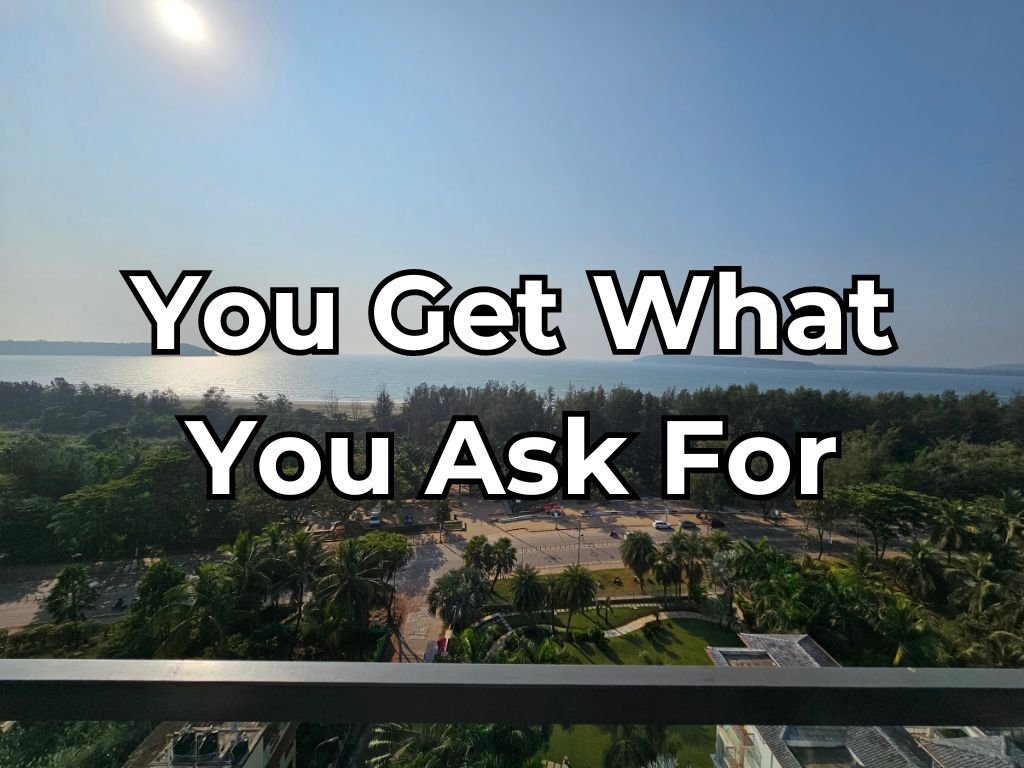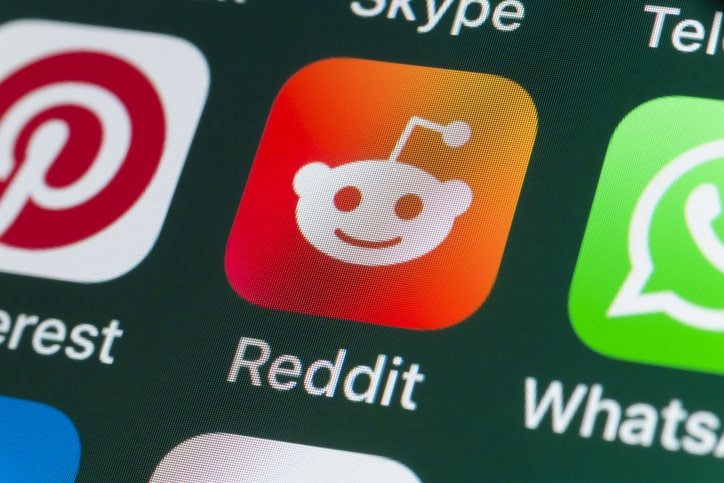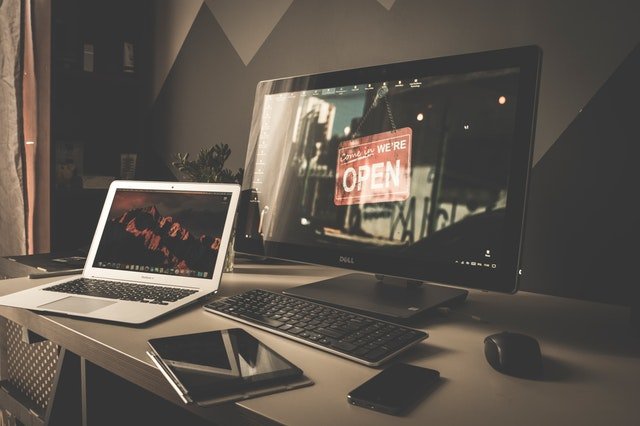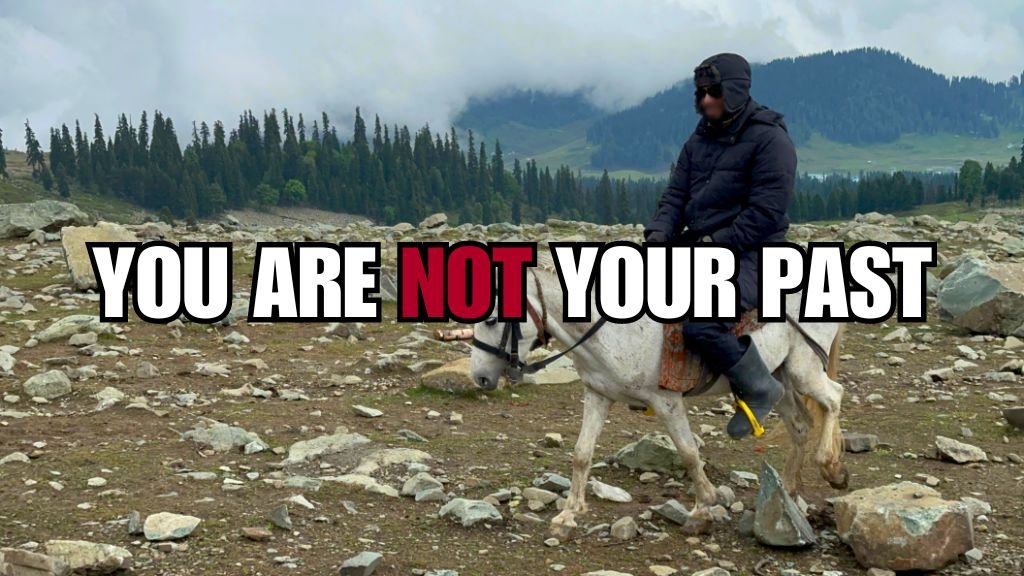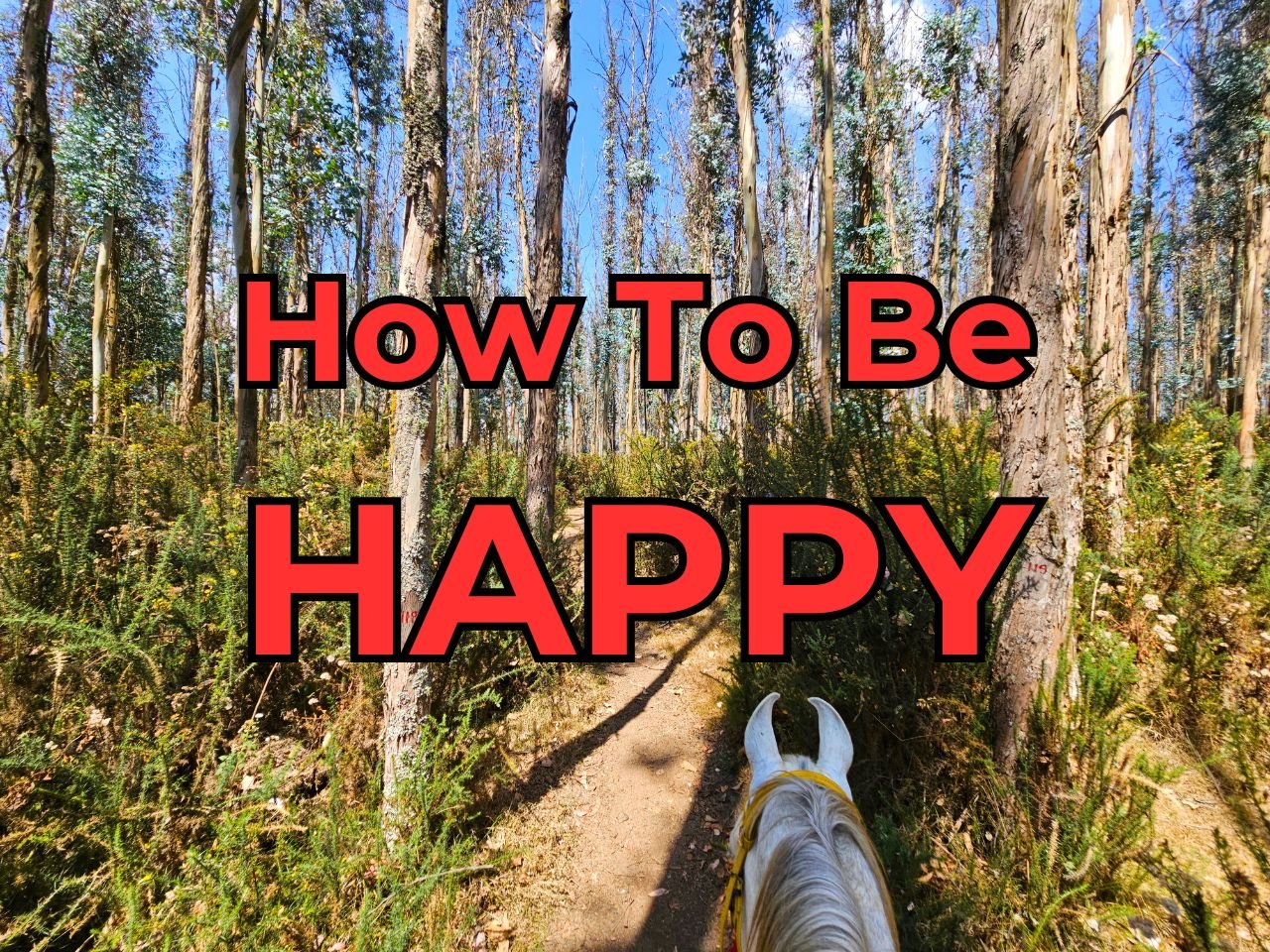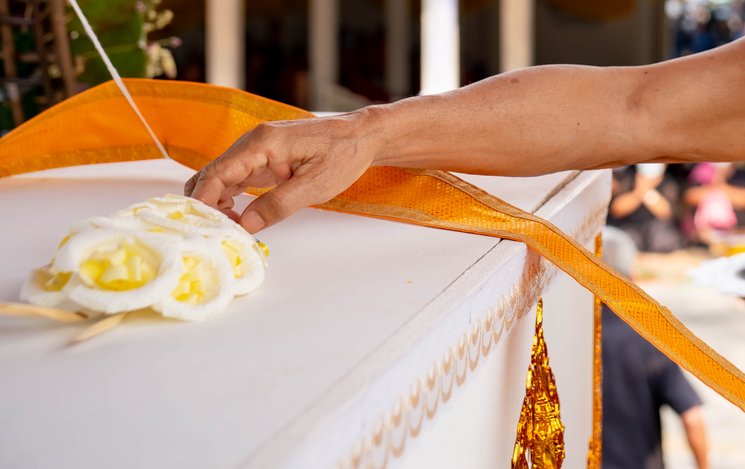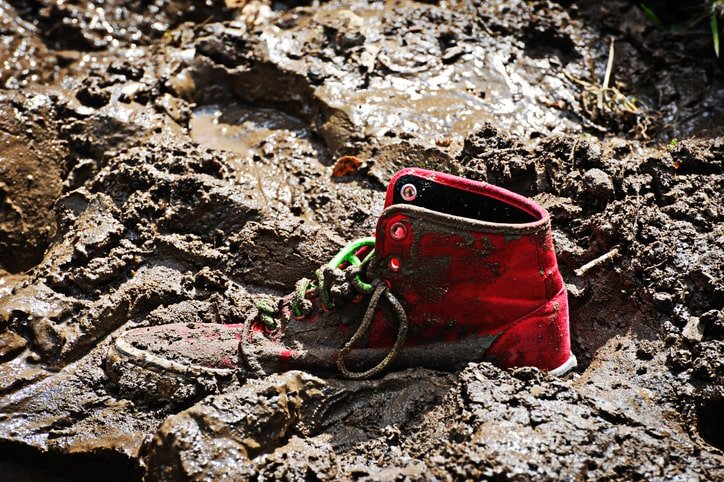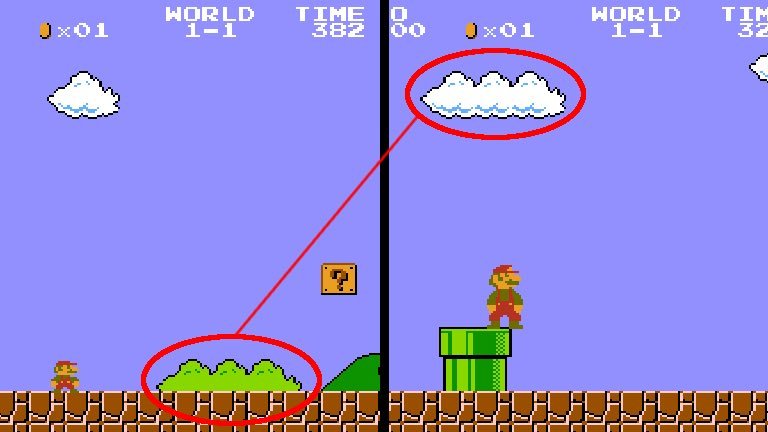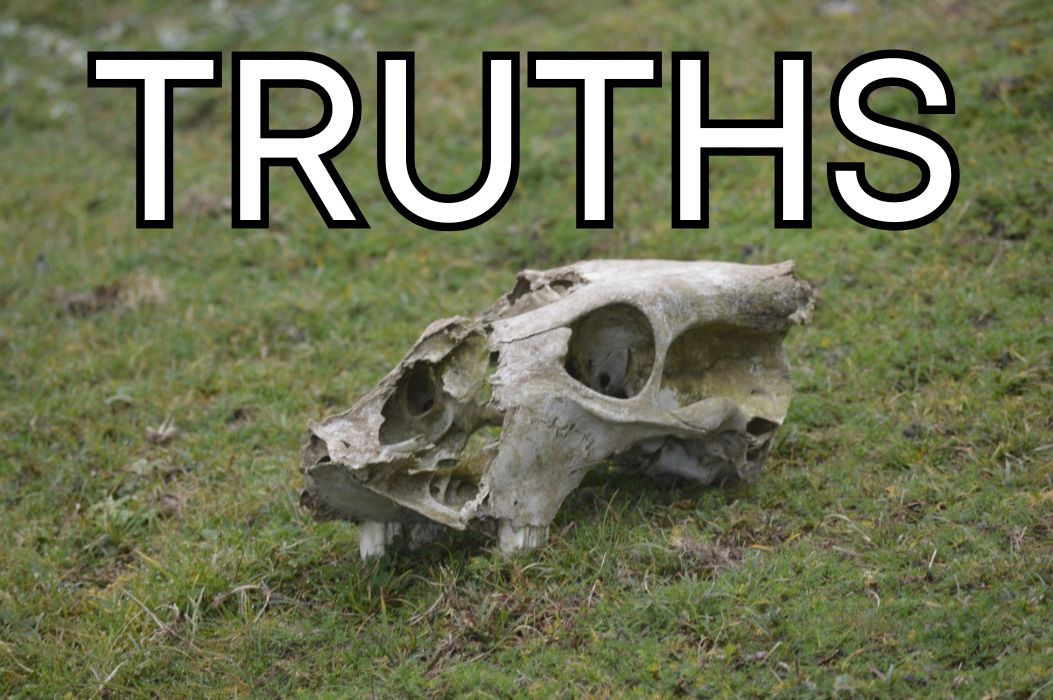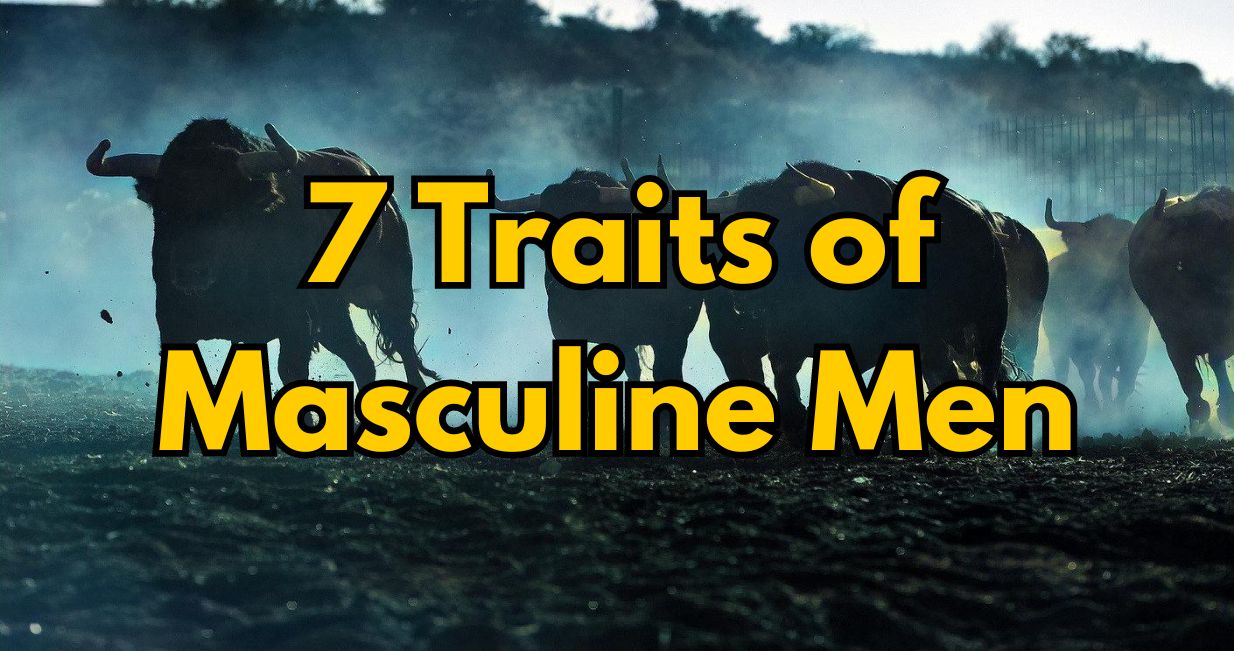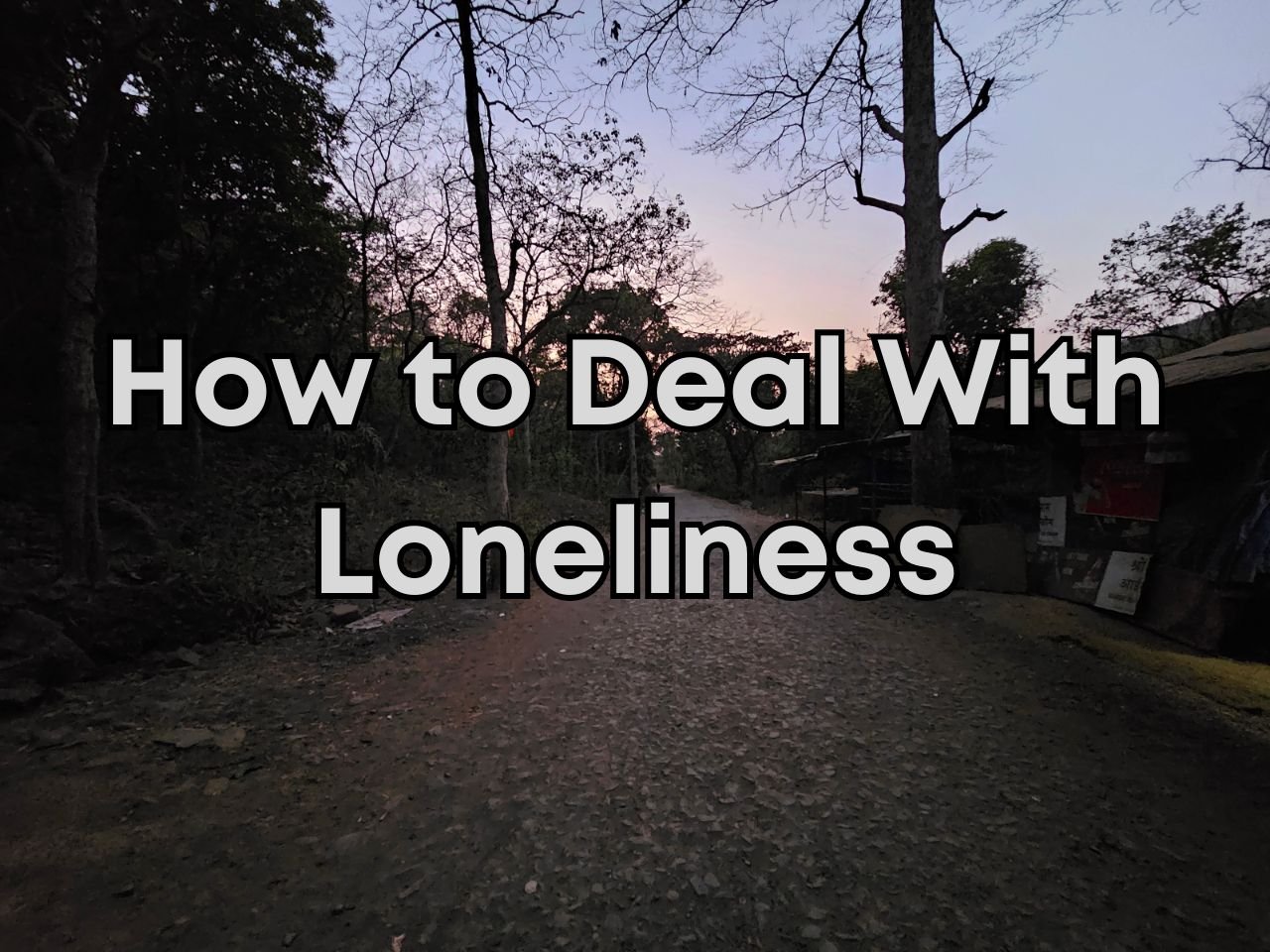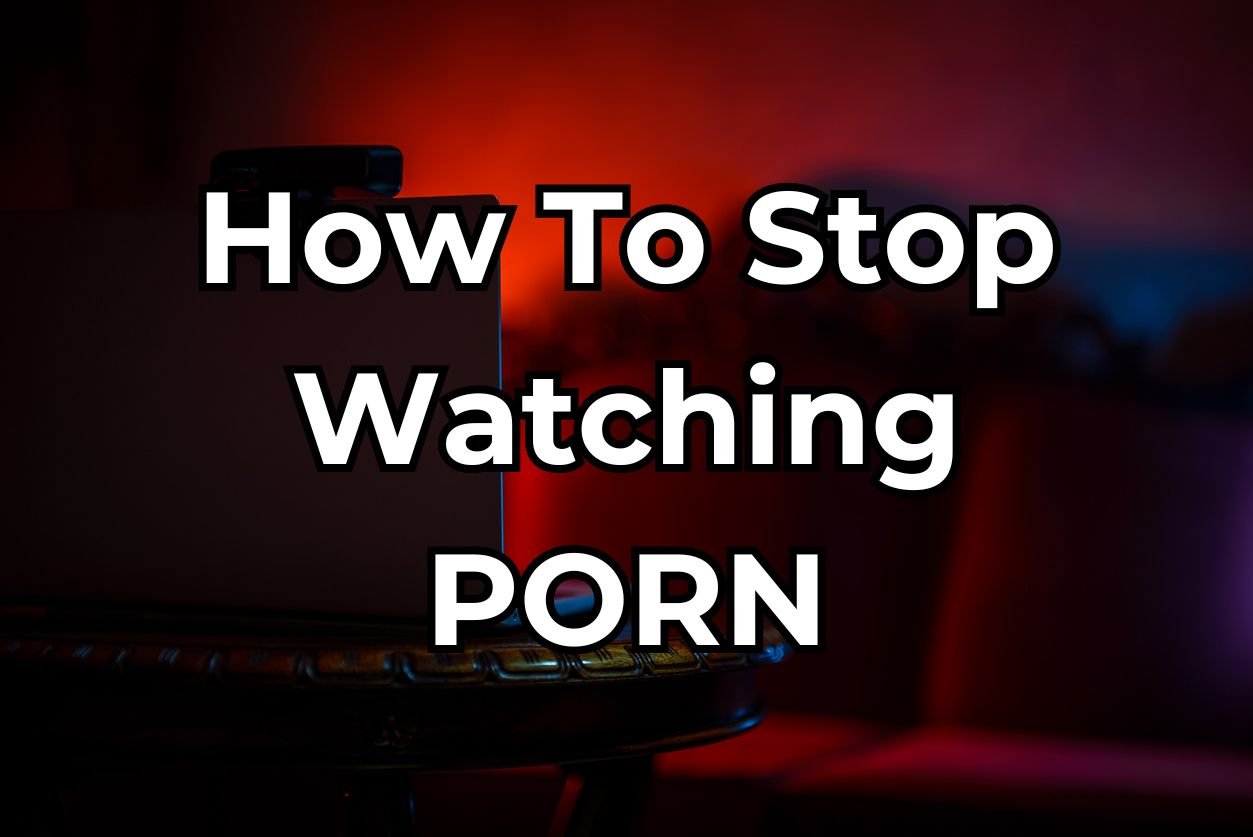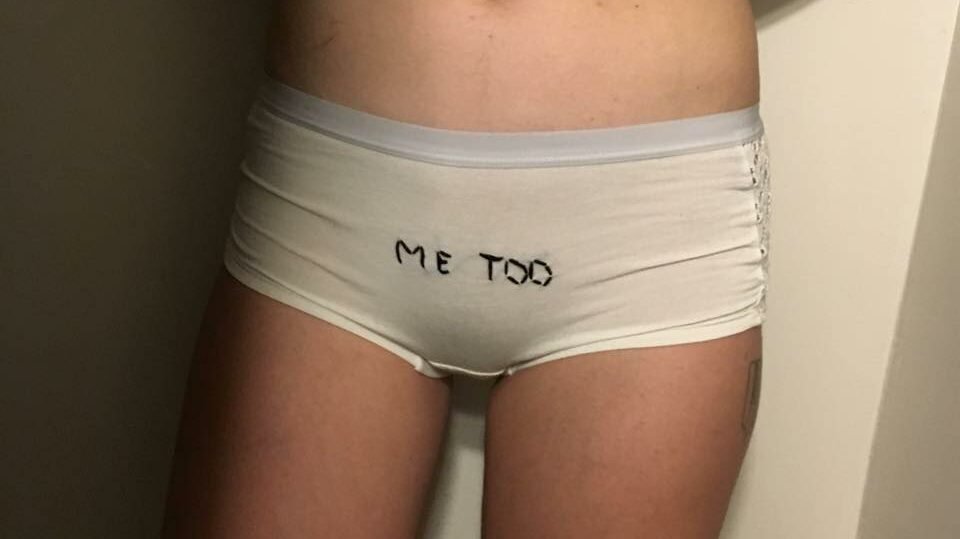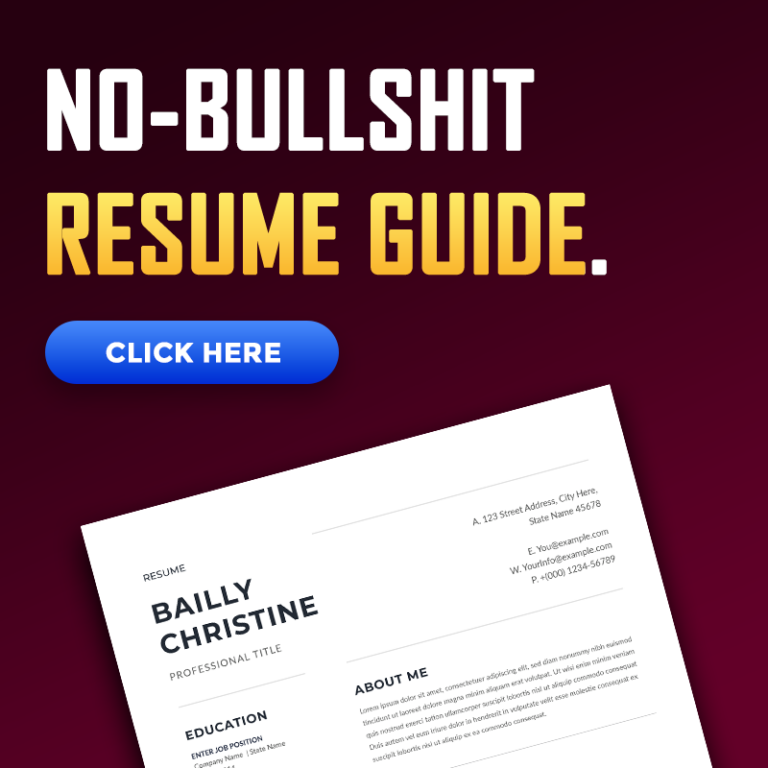Over the past few months, I’ve had the pleasure of interviewing ~50 people for a couple of clients.
I scanned through ~200 resumes, and 50% of them got rejected without a second thought because the resume was trash.
About half didn’t make it past the phone interview, and even after meticulously rejecting 75% of all applicants, a lot of the interviewees were just plain unsuitable.
It wasn’t that they were unqualified; they just didn’t know how to interview – they didn’t know how to present themselves, what to wear, and what questions to ask.
As a result, they made a horrible first impression and were promptly rejected.
The experience made me realize something – almost anyone can secure better job offers if only they knew how to interview well (and draft better resumes).
This article is about my expectations as an interviewer, the mistakes interviewees made and what you can do (and say) to stand out and be remembered from among the horde.
The interviews were conducted over two rounds:
Round 1: These were conducted by a quick office visit or over a phone call and last anywhere between 10-20 minutes.
The main purpose of this round is to establish whether the candidate is “normal” (does he appear creepy, does he have any facial tattoos, etc.), assess the candidate’s fluency in English (major plus in non-English speaking countries), and to determine if the candidate knows what he is interviewing for.
Round 2: The primary filtering is done, and the real competition starts here. This is the technical round. You’ll be asked difficult questions, and we try to put you on the spot.
The interview gets tailored to the job and the industry from this point, but in general, you’ll be tested to see how well you perform under pressure, how much you know about what you claim to know about, and if you are there to stay.
Here are some tips to help you stand out and interview well:
1. Arrive 15-20 Minutes Early
My old boss used to say:
“If you’re early – you’re on time,
if you’re on time – you’re late,
and if you’re late – you’re fired.”
I’ve seen people write off candidates only because they made them wait 2 minutes.
On the flip side, some candidates arrive as much as an hour early – forcing the interviewer to alter their schedule.
Arriving 15-20 minutes before time seems to be the sweet spot.
The best way to lose the interview is to show up late (unless you have a very good reason to).
2. Wear a suit or a blazer
Suits and blazers are powerful clothing, which is why top executives, bankers, and presidents wear them. Chances are, most interviewees are going to show up without one, making you stand out in the crowd.
3. Give me a time-based greeting and a firm handshake
Don’t say “Hi/Hey/Hello”: say “Good Morning/Afternoon/Evening”. This isn’t too important, but it shows that you’re awake and aware.
Your handshake is the first physical contact you make with the interviewer.
Give a nice, firm handshake – not so tight that I feel my hands being crunched and not so weak that your hand feels dead.
Wipe your hands with a towel or something before you enter the premise.

4. Q: “Tell me a bit about yourself”
This is the most common and predictable question asked in interviews and candidates still mess it up.
The thing is, most candidates don’t prepare for this question, and end up being placed on the spot. And answering this question without preparation is really difficult.
This question goes to demonstrate how much you prepared for the interview. Ideally, you want to customize this answer to the requirements of the job, making you seem like a suitable candidate from the start.
A good general answer should cover:
“I’m [Full Name], I have [x] years of experience as an [position] in [Industry].” + “I would say my strengths include [3 strengths customized to the job].” + “My hobbies and interests are [xyz].”
Fill in other details about yourself in between the above guideline.
You also want to give the interviewer some information about your family background while answering this question. (This requirement varies by culture).
Alternatively, if you’re not sure or you feel stuck when this question is asked, respond like this:
“I’d be glad to. Can you give me an idea about what you want to know?”
5. Q: “How did you choose [x] as your major / what made you pick [college degree]/[university]?”
You need to prepare a small background story showing how your decisions and interests led to you choosing your major/degree/university.
Make sure your story demonstrates that you researched the prospects of your university/degree/major (shows that you know how to make good decisions and that you can be trusted).
6. Wear some antiperspirant
Especially if you live in a hot tropical country. You’re going to sweat on your way to the interview, and a shirt covered in sweat ruins its presentation and makes you look gross.
Wipe your hands before you enter the premises to ensure they’re not sweaty.
Sweat can be a huge turnoff for a lot of interviewers.
7. If you’re a woman, avoid showing signs of a recent marriage or an engagement
This is slightly controversial of course, but I’m trying to help you get that job.
See, if you’re a woman, any prospective employer knows that legally, they’re required to give you 6 months of paid leave during your pregnancy(s) (and in some countries, even more than that), and even after the period of leave, it’s a question mark whether you’d continue working with them.
Understandably, no employer wants to do that willingly – pay someone for over half a year for not working.
(PS If you take issue with the word “understandably” in the above sentence, this blog is not for you. You need to grow up.)
In such a case, you need to be smart. Don’t wear an engagement ring (unless you’re visibly old); leave your cultural marks and accessories that come with an engagement or a recent marriage at home.
8. Q: “Why should we hire you?”
When you’re answering most interview questions, you’re selling yourself indirectly. This question, on the other hand, is essentially asking you – nay, inviting you – to market yourself in a more direct tone.
Avoid using words like “dedicated”, “driven”, “hard-working”, “confident” in your answer.
Instead, you should answer in a way that links your past experience and responsibilities with the requirements of the job.
“You should hire me because of my experience in [x], [y], [z], and previously I have been involved in projects involving [x], [y], [z].
This makes me a very suitable candidate for [position], and I believe that my experience, skills, and strengths would be useful for the firm.”
9. Q: “What do you know about us?”
This question is asked to check how serious you are.
Do you want it hard enough to research the company, or did you just blindly pass on your resume?
If you know absolutely nothing about the firm, you’re probably not going to stick around long enough.
Do some background research on the company; find out the year of incorporation and the main lines of business the company is in.
Find out its accomplishments and style of doing things.
Being able to answer this question well really sets you apart from the average candidate.
10. Research the interviewers
Sometimes, you’ll be told the names of the people who’ll be on the interview panel.
Google them and find their Facebook account. Figure out what their hobbies are – and hey, what a coincidence – those are your hobbies too for the interview.
Find their LinkedIn page, and search if they’ve published any pages or articles.
Read through them, because people tend to ask questions about things they are already an expert in, and you can really impress people by using their own words to answer their questions.
(He thinks like me / He’s clearly done his research – we should hire him)

11. Eye contact
This is definitely a good thing. Most candidates look at my mouth, some look around the room when they’re answering questions, and they rarely look at my eyes.
Eye contact helps you develop a connection with the interviewer and makes it that much more likely for them to remember you.
Plus, it shows that you’re alert and listening.
Don’t overdo it though – It’s not a staring contest, and you don’t want to seem like a psychopath.
In certain industries (hospitality, sales, etc.), the interviewers are also trying to judge how a client/customer will perceive you upon first meeting you – eye contact definitely helps you appear warm.
12. Be nice to the people you meet before the interview
Say hello and thanks to the person on the reception, smile at the security guard, thank the guy who brings you water while you’re waiting – little things count.
Be very friendly with the receptionist.
The worst thing you can do is be mean to the people already working there, and they mention it to the interviewer later (or someone else observes you) – because if that’s how you’re going to be like to the people working with you, then you’re not the right candidate for sure.
13. Power Posing
14. Carry enough extra copies of your resume (color printed)
Chances are, unless you’re talking with HR, the interviewer hasn’t seen your resume before.
They’re going to ask for it, and if you don’t have extra copies, you’re going to look unprepared. Please don’t make the interviewer have to see your resume through your phone.
I recommend carrying color printouts of the resume because the paper is slightly thicker, smoother and feels better to the fingers – it has a subconscious impact.
15. Don’t get into talking about politics and other controversial topics
Politics is a high-risk, high-reward topic. Unless you’re absolutely sure about the stance of the interviewer, I wouldn’t recommend touching it.
You’ll be surprised how many interviewers will automatically disqualify you if they don’t agree with your political stance.
Of course, if you’re going to work for the mainstream media, tailor your response and touch politics if the situation calls for it. Almost all news channels have a particular political leaning and hire accordingly.
BONUS #16. Get their contact information
Get the e-mail ID or the phone number of the interviewer (not HR). This enables you to follow up at a later date.
You want to send in an email the day after the interview thanking them for the opportunity, and ideally, you want to reference a part of the interview that you enjoyed – usually an interesting discussion.
Maybe you were asked a question that you were not able to answer – this email is the perfect place to address that question further.
Conclusion
If you follow the 16 pieces of advice above, you’re already ahead of 85% of interviewees. Beyond that, it’s about how self-confident you are and how much you know about your industry.
I wish you the best of luck.
See you around.
Your Man,
Harsh Strongman










![Traits Women Find Attractive Traits Women Find Attractive (And How to Score Yourself) [PART 1: Physical Aspects]](https://lifemathmoney.b-cdn.net/wp-content/uploads/2025/11/Traits-Women-Find-Attractive-1.jpg)




